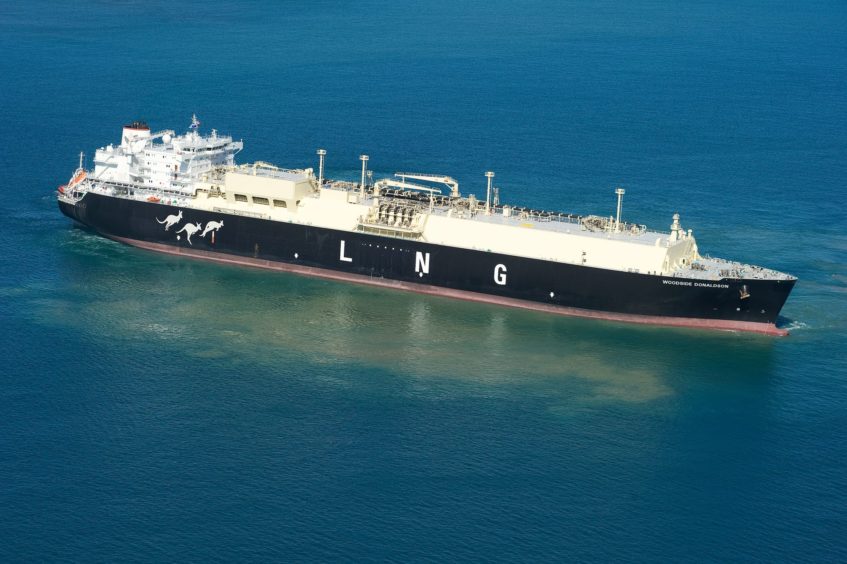
Australia’s Transborders Energy has signed up to a joint study agreement with Mitsui OSK Lines (MOL) on floating LNG (FLNG).
The Australian company said it was offering a plan for a 1.3 million tonne per year facility, with a package of commercial and regulatory approvals, including LNG buyers, to gas resource holders. Transborders’ chairman Jack Sato welcomed MOL on board to its FLNG plan, saying it had also signed up Kyushu Electric Power.
The agreement “will definitely underpin [Transborders’] business model and strengthen the development of our venture. Truly a major step forward,” he said.
The deal with MOL will include work on pre-front-end engineering and design (FEED) work with TechnipFMC and Add Energy, negotiate commercial terms with these companies and Kyushu and work on the deployment of the plan.
The development work should be completed by the end of the year. At that point, Transborders will be able to provide an FLNG project to a range of stranded gas resources within 24 months. This also provides the option of giving LNG buyers a competitive source.
The Australian company announced a study agreement with Kyushu Electric in June. This deal had many similarities to the MOL deal. The company has also said MODEC Management Services will give support for pre-FEED work. Add Energy signed up to the plan in May 2018.
Transborders has highlighted opportunities in Australia for development but also further afield. The country currently has one FLNG scheme producing, Shell’s multi-billion dollar Prelude LNG.
Prelude was a pioneering work but most FLNG schemes are much more modest. Malaysia’s Petronas was the first company to begin producing from an FLNG unit in 2017. Perenco began producing off Cameroon in 2018 and Argentina’s YPF brought its Tango LNG unit online this year. These are all small-scale schemes, unlike Prelude.
